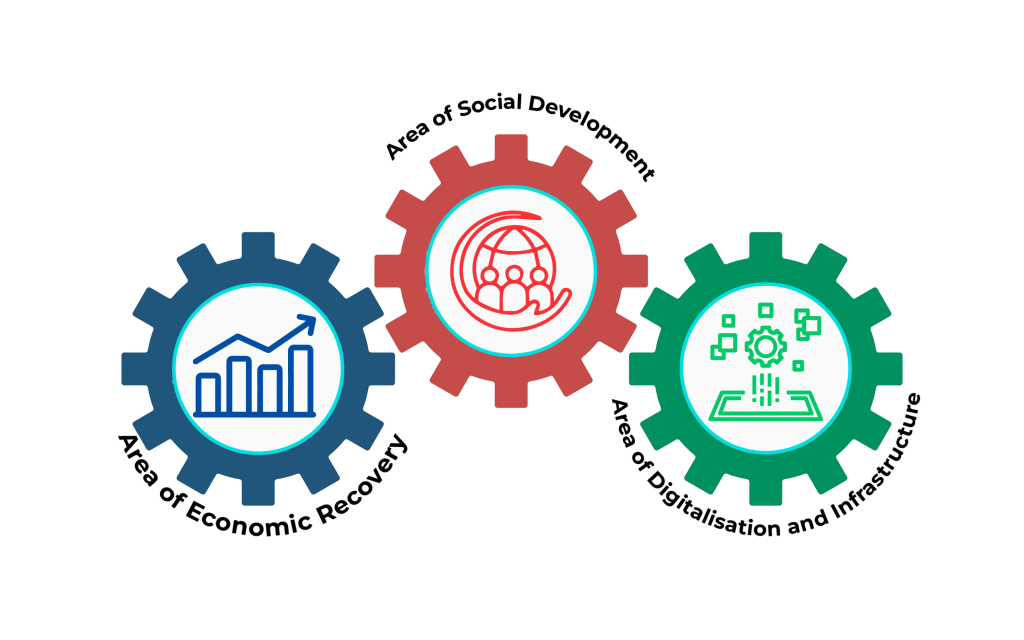
The Latin American Council of the Latin American and Caribbean Economic System (SELA), at its 50th Regular Meeting held in December 2024, approved the updated Work Programme of the organisation for 2022-2026, aimed at coordinating the positions of the Member States in order to make progress towards integration and development of the region.
The planning for the year 2025 has been structured around three thematic areas, namely: Economic Recovery, Digitalisation and Infrastructure, and Social Development, with a total of 51 activities.
In the Area of Economic Recovery, 25 activities related to Economic Integration, Trade Facilitation and support to small and medium-sized enterprises (SMEs) were planned; in the Area of Digitalisation and Infrastructure, 9 activities were defined for Digital Transformation and Sustainable Energy Infrastructure; while in the Area of Social Development, 17 activities were planned focusing on Sustainable and Resilient Development, Comprehensive Disaster Risk Management and the Promotion of a Comprehensive Vision of Human Mobility.
This Work Programme also includes ample mandates for its implementation, affording it flexibility for its execution, in synergy and cooperation with multiple parties at the global and regional levels. By arousing more and better integration, Member States will be capable of attaining the Sustainable Development Goals and SELA will succeed in attaining its primary goals and purposes.
This updated version of the Work Programme 2022-2026 aims to strengthen SELA’s contribution to overcoming the great challenges facing Latin America and the Caribbean, a vast, diverse region, full of particularities that has not yet won the battle for economic recovery or overcome the social gaps that make us continue to be the most unequal region in the world.

